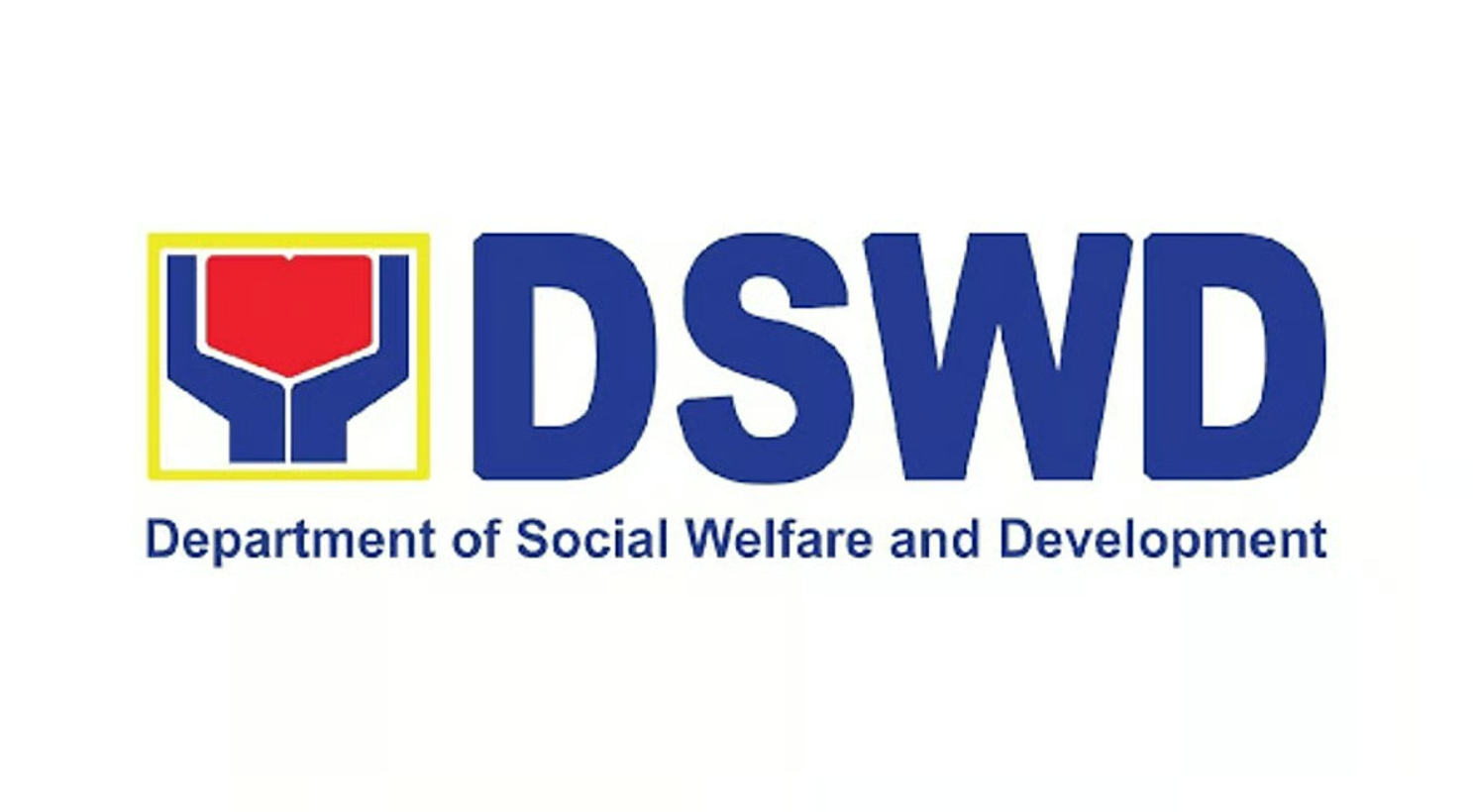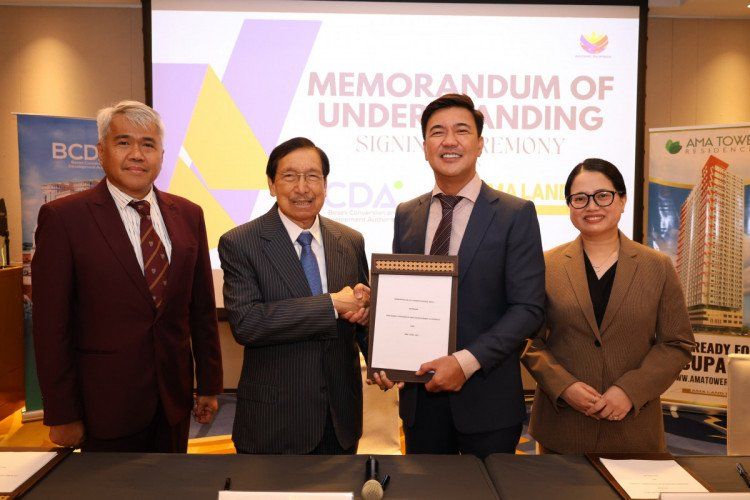COMELEC Must Guard Against Misleading Surveys Masquerading as Public Opinion
Malou Laxamana-Pascual — January 29, 2025
COMELEC Must Guard Against Misleading Surveys Masquerading as Public Opinion
The recent uncommissioned survey, ostensibly conducted to assess the social media preference rates of Baguio residents for the upcoming 2025 mid-year elections, is undeniably a form of mind conditioning. The Commission on Elections (COMELEC) must be vigilant against the publication of surveys which clearly open the door to multiple interpretations and can easily be perceived as propaganda designed to boost a favored candidate while discrediting their opponent. This blatant tactic reeks of desperation on the part of the survey’s proponents.
It is important to note that survey firms and entities should adhere to COMELEC regulations on reporting to ensure that surveys are conducted transparently and not used as a tool to influence public opinion. Under Republic Act No. 9006, also known as the Fair Election Act, all published election surveys must adhere to strict disclosure requirements. This includes revealing the sponsor, the organization conducting the survey, the methodology used, and the margin of error. COMELEC has also issued resolutions, such as Resolution No. 3636, to regulate election surveys and ensure transparency.
While prior approval from COMELEC is not required, survey sponsors must make their raw data available for verification by the commission, political parties, and accredited watchdog groups. Failure to comply raises serious concerns about the legitimacy of these surveys and their potential use as tools for political manipulation. COMELEC must enforce these rules rigorously to prevent the spread of misleading narratives disguised as public opinion.
Aside from the foregoing, the 92 respondents surveyed are nowhere near representative of the voting population, a fact even acknowledged in the survey entity’s own disclaimer. However, the publication of this uncommissioned survey is deeply questionable, especially to the discerning public, as it appears to be a calculated attempt to undermine the real frontrunner in the congressional race. Such misleading practices must not be allowed to shape public perception and influence electoral outcomes.




